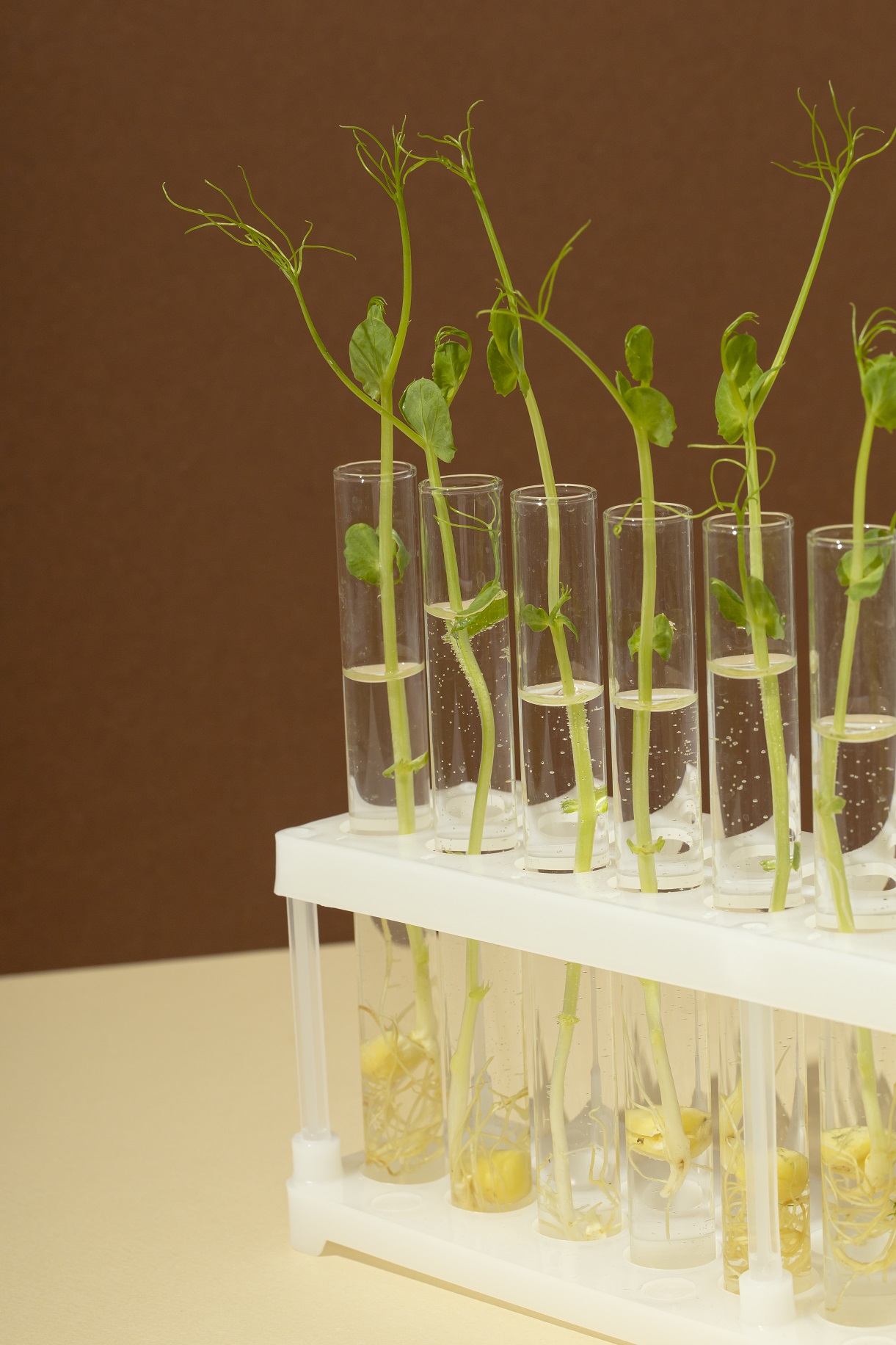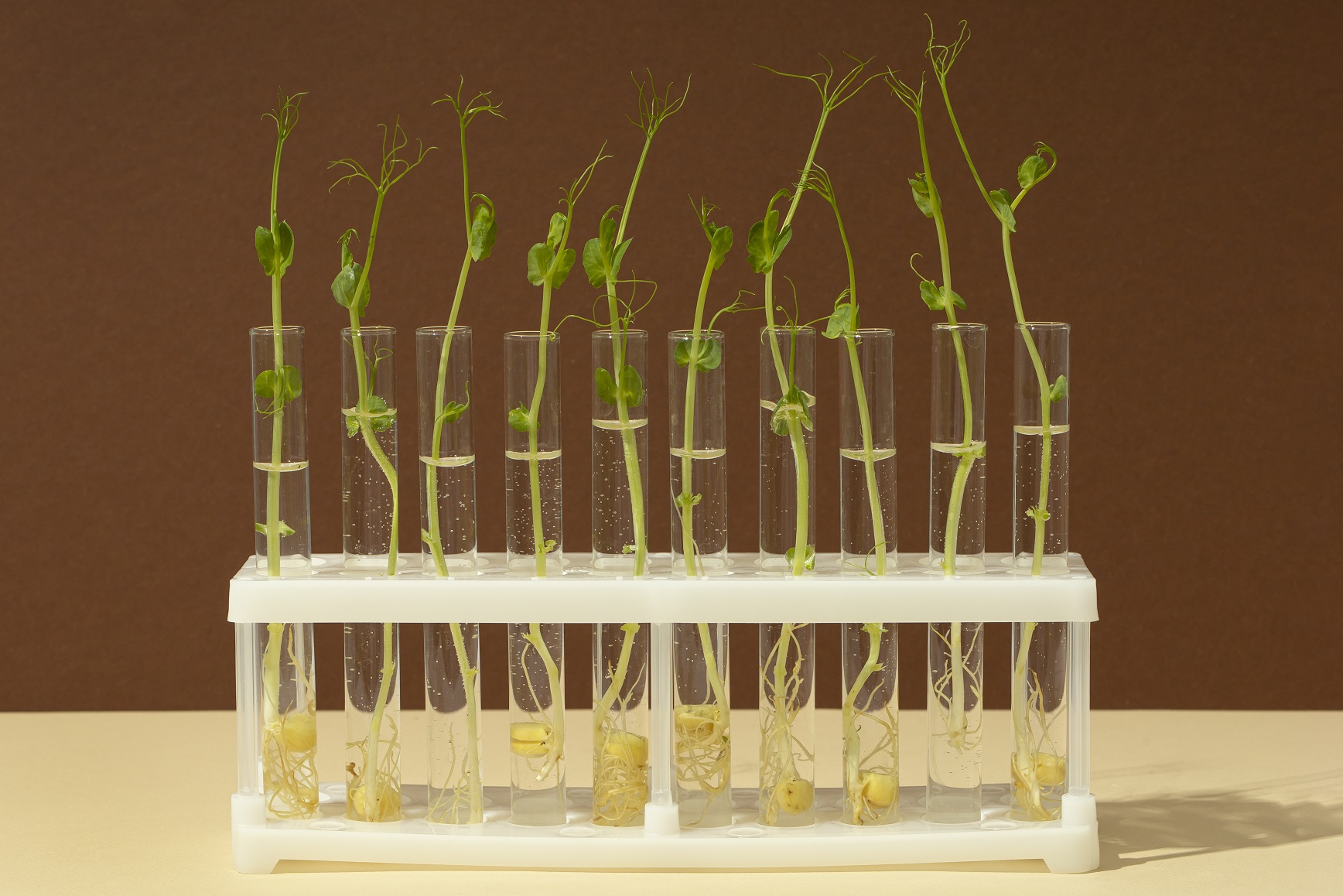In the dynamic world of agriculture, innovation is critical for addressing the challenges of food security, climate change, and sustainable farming practices. One of the most promising technologies in this realm is tissue culture, a technique that allows for the rapid propagation of plants with desirable traits. At G-Plex Seed Ltd., we are dedicated to harnessing the potential of tissue culture to improve crop varieties, enhance productivity, and contribute to sustainable agricultural practices.
Understanding Tissue Culture
Tissue culture, also known as micropropagation, involves the growth of plant cells, tissues, or organs in a controlled environment on a nutrient-rich culture medium. This method enables the rapid multiplication of plants while preserving their genetic characteristics. As a result, tissue culture has become a fundamental tool for producing high-quality, disease-free planting material that can thrive in various environments.
 The Benefits of Tissue Culture in Crop Improvement
The Benefits of Tissue Culture in Crop Improvement
1. Rapid Propagation
One of the most significant advantages of tissue culture is the speed at which plants can be propagated. Conventional breeding methods often take years to develop new crop varieties. In contrast, tissue culture can produce thousands of identical plants in a matter of months. This rapid turnaround allows for quicker responses to market demands and accelerating the introduction of new varieties.
2. Enhanced Disease Resistance
Crop diseases can devastate yields and threaten food security. Tissue culture provides a solution by producing disease-free plants that are healthy and robust. By selecting plantlets with natural resistance to specific diseases, we can create varieties that are less vulnerable to pathogens, reducing the need for chemical pesticides and promoting sustainable farming practices.
3. Consistency and Uniformity
Tissue culture ensures that each propagated plant is a clone of the original, which promotes uniformity in growth, size, and yield. This consistency is particularly beneficial for commercial farmers who depend on standardized products to meet market specifications and consumer preferences.
4. Conservation of Plant Genetic Resources
In an era where biodiversity is under threat, tissue culture plays an essential role in preserving plant genetic resources. By creating in vitro collections of endangered or rare plant species, we can safeguard genetic material for future breeding programs and research, preventing the loss of valuable traits.
5. Adaptability to Climate Change
As climate change poses new challenges to agriculture, developing crops that can withstand extreme weather conditions becomes increasingly vital. Tissue culture allows us to select and propagate traits such as drought tolerance or heat resistance, providing farmers with crops that are better suited to changing climatic conditions.
G-Plex Seed Ltd.: Your Partner in Agricultural Innovation
At G-Plex Seed Ltd., we are committed to utilizing tissue culture technology to enhance crop production and quality. Our team of scientists and agricultural experts work relentlessly to explore new techniques and methodologies aimed at improving crop varieties. From vegetables and fruits to staple grains, our vision is to help farmers achieve greater yields while promoting sustainable practices.
Looking Ahead
As we continue to research and develop improved crop varieties through tissue culture, we envision a future where agriculture can meet the demands of a growing population while preserving the planet's resources. Innovations in tissue culture not only have the potential to enhance productivity and increase food supply but also contribute to environmental stewardship and social responsibility.
Conclusion
The journey towards improving crop varieties using tissue culture is an exciting one, filled with opportunities for innovation and growth. At G-Plex Seed Ltd., we believe that by investing in research, technology, and sustainable practices, we can shape the future of agriculture. Join us as we embark on this path toward a more productive and sustainable food system for generations to come.

